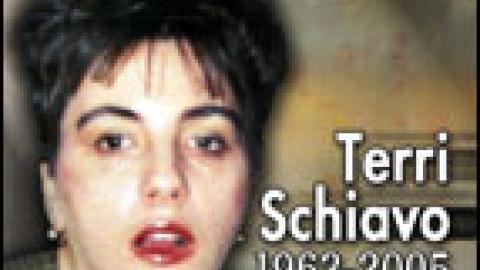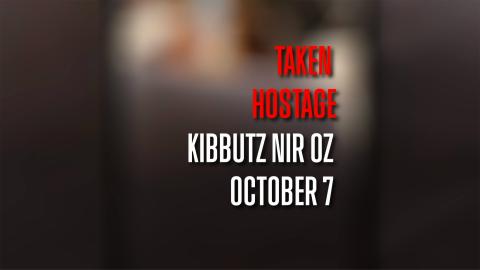
Brain-damaged, not Brain-dead: The Autopsy Report of Terri Schiavo
Recently, I told you about Michael Schiavo's new book, Terri: The Truth. I compared reading the book to "falling down Alice 's rabbit hole and ending up in a new and bizarre world." This world is "a scary place" where "survival of the fittest" is taken to a whole new level—a world that Christians must never stop fighting against.
Now, I stand by everything that I said about Michael Schiavo's book, but there's something that I said about his late wife that I need to take back. I'm embarrassed, not only because of the mistake I made, but also because I was had and should have known better.
In the earlier commentary I said that "the autopsy showed that [Terri] had been brain-dead." This "finding" did not affect my belief that it was wrong to take her life. My concern from the beginning was with the process we followed and its implications for the sanctity of human life.
My calling Terri "brain-dead" was based on what the media said about the autopsy. For instance, MSNBC began its report this way: "an autopsy on Terri Schiavo backed her husband's contention that she was in a persistent vegetative state . . ."
Well, I should have known better than to take the media's word. Terri's brother, Michael Schindler, thanked me for the commentary but drew my attention to what the autopsy report actually said.
That report said that there was no evidence that Terri suffered, as had been widely reported, from an eating disorder. The medical examiners were unable to determine what caused the heart attack that left her brain-damaged.
Damaged , not dead. In fact, the autopsy report referred to her receiving morphine, which would not have been necessary if she were brain-dead or in a persistent vegetative state. The report, while it noted "severe brain damage," said nothing about Terri being in a persistent vegetative state.
What's more, persistent vegetative state is a clinical diagnosis, made through observation and, as such, is a matter of interpretation. So reports like MSNBC's were, at best, highly misleading. If she had not been deliberately starved, Terri, in the estimate of the medical examiner, "could have lived easily for another decade . . ."
As bioethicist C. Ben Mitchell puts it, the autopsy confirmed "our worst fears." Terri didn't die from any illness but "at the hands of her husband and his lawyers."
As I said, I'm embarrassed about this mistake, but more than that I am angry. It's not enough that the legal process sentenced her to death, but the media deliberately or negligently got the circumstances of both her life and her death wrong.
As a result, the "culture of death" has taken several steps forward. Instead of giving life the benefit of the doubt, we are all-too-ready to choose death.
As Mitchell said, "Terri Schiavo should be alive today and in the loving embrace of her parents." Instead, she has become a symbol of the "scary place" our culture is headed: a place where everybody is on the lookout for signs of death, not life. And as for those who defended Terri Schiavo and have been pilloried in the media, well, in the cold light of day, we now know we were right after all.



